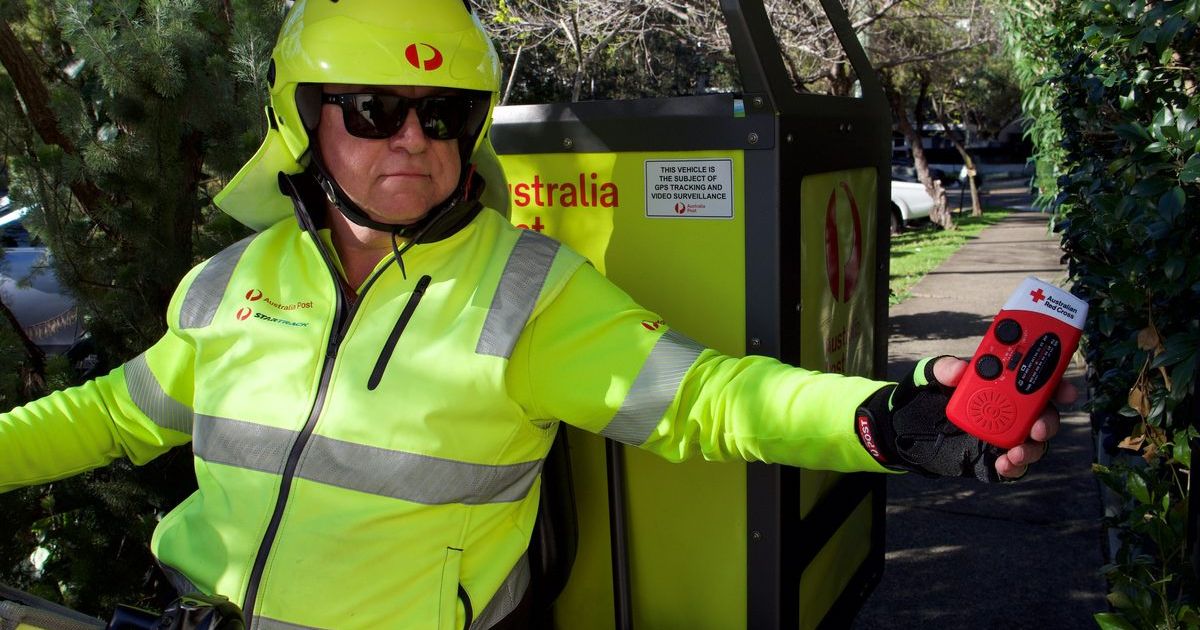Regional rollout for digital screening

Results: Expectant mother Emily Fairbairn-Calvert and Grampians Health associate nurse unit manager for maternity outpatients Ashleigh O’Neill. Photo: SUPPLIED
AN online screening program to help new mums is now being used throughout Australia, with Grampians Health among the first providers to deliver the program.
Titled iCOPE, the app was created by staff at the Centre of Perinatal Excellence or COPE and serves as a digital screening platform to gauge the mental health of perinatal and expectant mothers.
Nicole Highett, founder and CEO of COPE, said the technology will “revolutionise” the screening process for new mums in the region.
“It’s jumping from pen and paper to digital. It allows women to be asked different additional questions depending on their answers so they’re not getting irrelevant questions,” she said.
“We weren’t really able to look at good screening rates and outcomes before because they were physical copies, so now we can look across different regions to see how we can cater for that area.
“It’s currently available in 13 languages and will soon be available in 25, so women who traditionally didn’t get screened at all are now able to access that service alongside English-speaking women.”
Results from iCOPE screenings provide users with a tailored report as well as a relevant directory for health services in their area.
The Federal Government-supported app is free to use for every public maternity hospital nationwide.
iCOPE has been in use at Ballarat Base Hospital since July, and Grampians Health’s regional director for hospitals – west Carolyn Robertson said it’s already having a positive impact on patients.
“There’s about 1800 babies across Grampians Health each year. For a long time, we’ve done the Edinburgh Postnatal Depression score but this program takes that to a whole new level,” she said.
“It’s something women can do independently. It’s not the midwife sitting there asking a whole ream of questions so I think that will give more accurate responses about how people are really feeling.”
It’s estimated more than 100,000 Australian parents are impacted by perinatal depression each year.


















